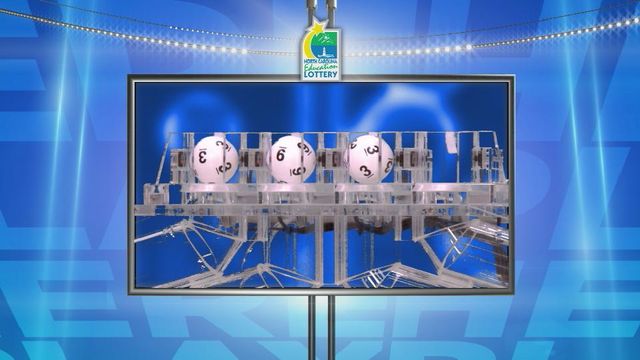Supreme Court weighs legality of state lottery
The North Carolina Supreme Court must decide whether state lawmakers violated the state constitution when they approved the state lottery in 2005.
Posted — UpdatedJustices heard oral arguments Monday in a lawsuit filed by the North Carolina Institute for Constitutional Law, which is headed by former Justice Robert Orr.
Orr told justices that a lottery ticket contains an inherent tax and must be approved like a state tax as required by the constitution. He said the bill should have been voted on twice by the House and Senate on two different days because lottery proceeds generate money for public education.
"The state concedes that the lottery funds go to general government services – the education of students in North Carolina," Orr said. "We can't allow political expediency to overrule very specific provisions that our state constitution requires."
State attorney Norma Harrell disagreed, arguing that the lottery commission is merely a vendor and that purchasing a lottery ticket is voluntary.
"No tax is necessarily paid by a person who buys a lottery ticket," Harrell said. "You get a direct benefit as a result of buying a lottery ticket."
Justices sharply questioned Harrell's arguments.
"This legislation seems to have been pushed through without getting into policy or political considerations," Justice Edward Thomas Brady said.
A divided state Court of Appeals upheld the lottery's legality in March.
Supreme Court Justice Mark Martin recused himself from hearing the case – he has worked on a case with a lawyer close to Orr's group – which means that the Court of Appeals decision would stand if the high court winds up with a 3-3 split.
There's no timeline on when the justices will rule.
• Credits
Copyright 2024 by WRAL.com and the Associated Press. All rights reserved. This material may not be published, broadcast, rewritten or redistributed.





